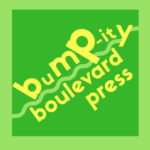
Six Compelling Reasons to Come to the 2024 SCBWI Europolitan in Cologne
Are you an illustrator, writer, or translator who works on books for kids? Six reasons why it’s worth your time to come to Cologne for the 2024 Europolitan. Cachet, Community, Contacts, Craft, Context, Challenge, and Cologne. 🙂

